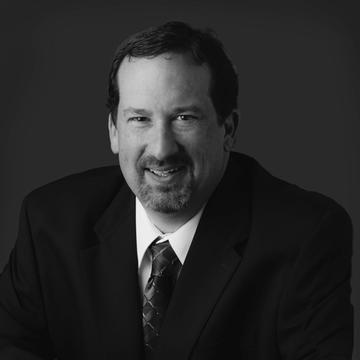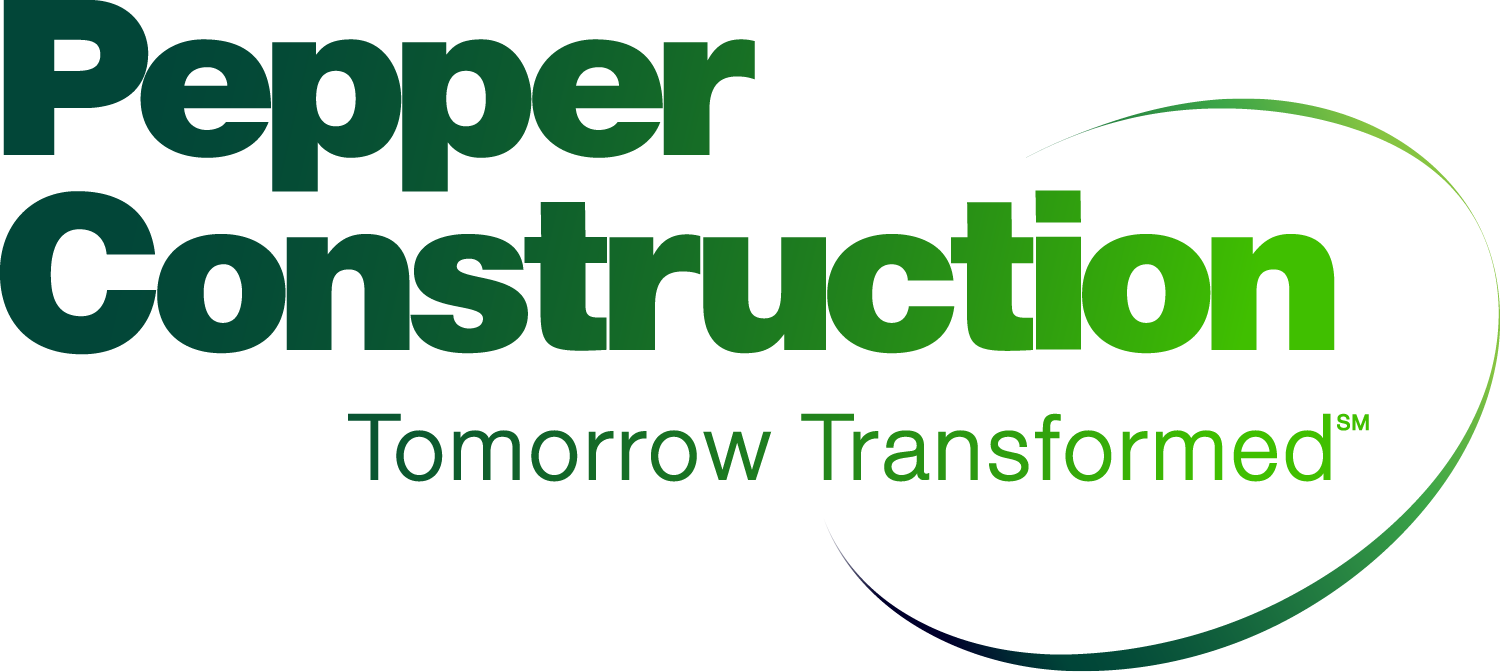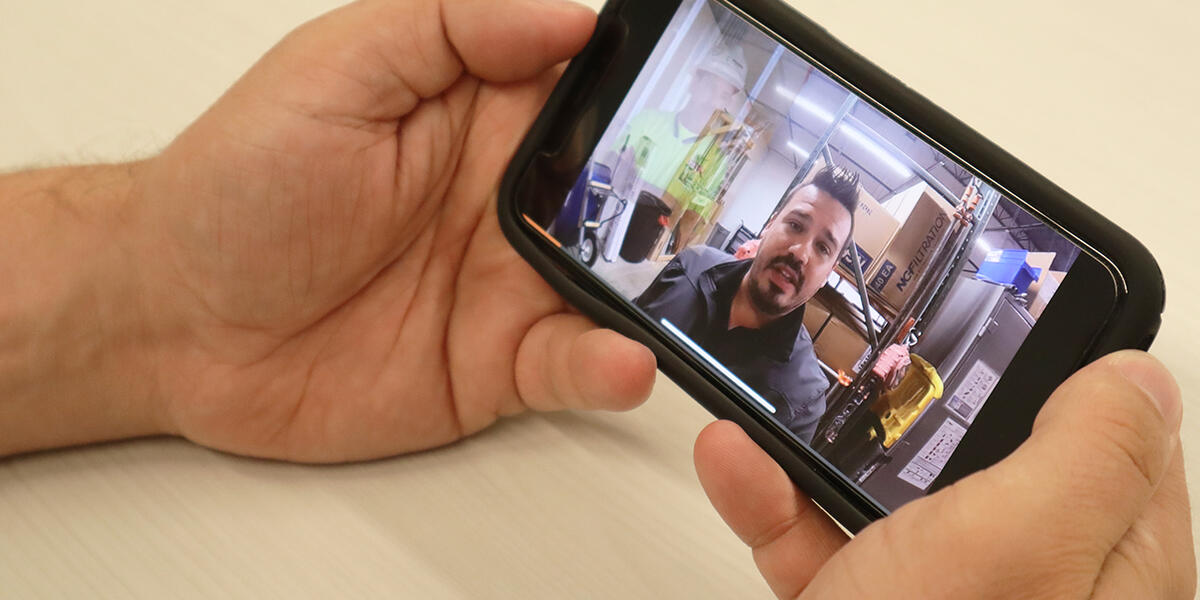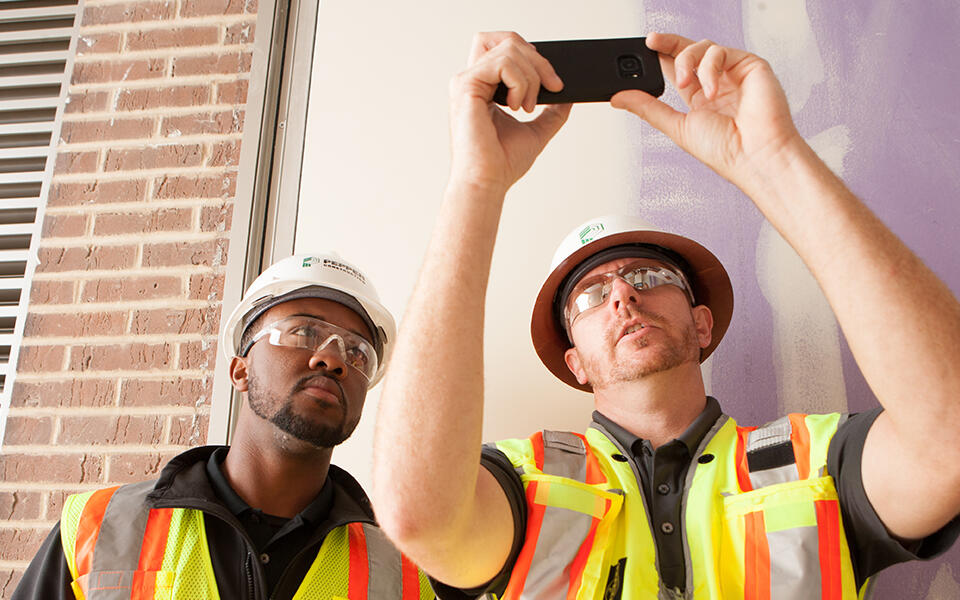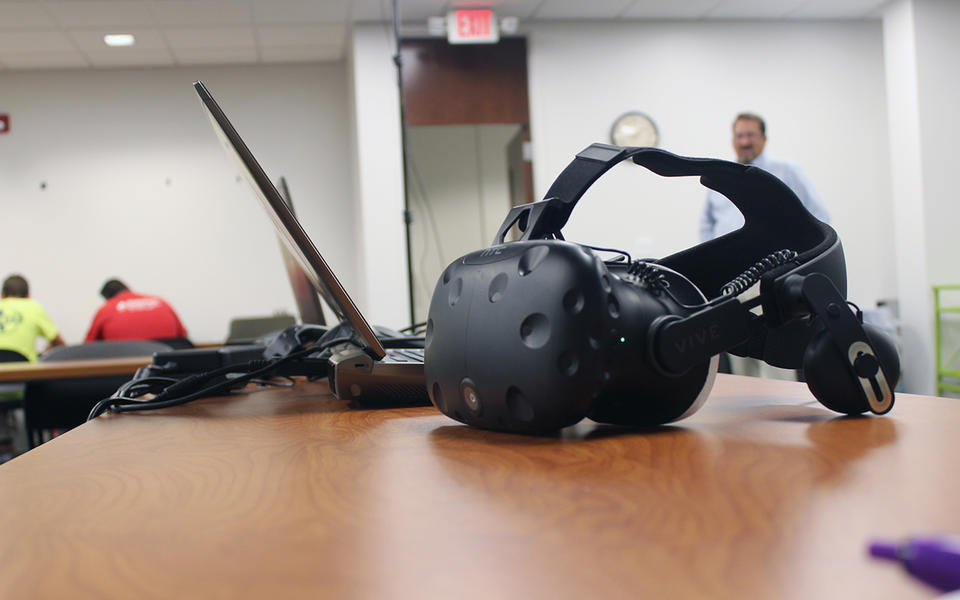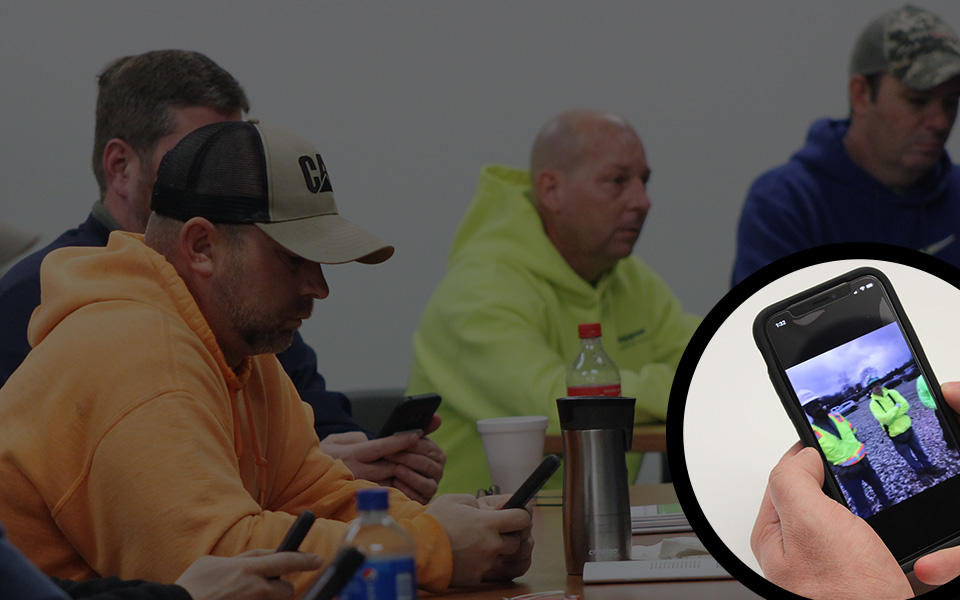Safety, Quality, Lean Construction, Emerging technology
How do you keep people safe and productive?
It's an age-old question that demands a forward-looking response.
One of the biggest challenges we see in our industry is companies and tradespeople sacrificing safety to meet schedule and production demands. At Pepper, we've been active in trying to get people in the industry to change that mindset. The pandemic introduced even more hurdles to prioritize safety, quality and productivity equally, particularly when it came to communication. There's no one-size-fits-all answer, so organizations have to find what works best for their needs and culture.
Luckily, we're no strangers to incorporating innovative safety solutions. Having that mindset already, our Indiana team turned to MindForge, a platform that establishes a communication network with field teams. Early on, we debated whether the software was centered on communication or safety, but we've grown to realize an important thing: it can be both.
Merging safety and productivity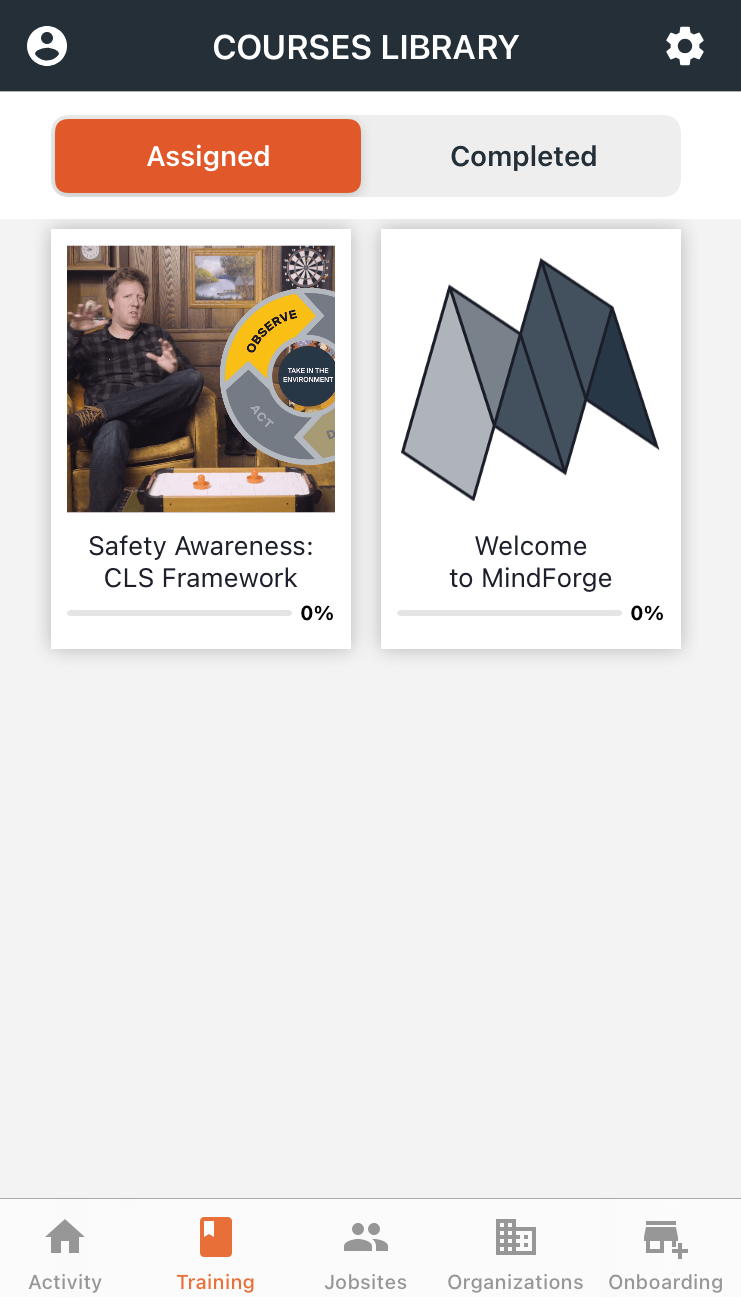
Over the past several years, Pepper has been pivoting our safety program away from paper and regulated material into a more conversational format that takes advantage of innovative tools. Our frequent trade partners have become familiar with the technology we use, which has led to higher engagement, and therefore more buy-in. But we still saw instances of messaging inconsistencies; it felt like a game of "telephone" where messages get muddled.
To help combat that, we looked to our friends at MindForge. Our collaboration with them stretches back several years, particularly with developing virtual reality safety training modules.
More than a year ago, we turned to them to help us create training materials that foremen and tradespeople could access on their smartphones and tablets. The idea was to use the program to target individualized training for people who need specific information about a project or task, rather than require tradespeople to sit through lessons that aren't applicable to their work. For example, a carpenter who is going to be planted firmly on the ground wouldn't sit through fall protection training – only those with fall exposures would.
Segmenting the information would keep them from spending precious work hours in irrelevant trainings. More importantly, it prevents them from becoming disengaged, therefore leading to a safer jobsite.
But as we neared the ability to deliver that information directly to our field, the pandemic hit.
Addressing new risks
As an essential business, construction work continued, and while proper PPE and handwashing stations became a priority, those precautions were just one part in addressing the complex hurdles to keep people safe on jobsites.
Understanding that we had new obstacles to overcome, we decided to use the MindForge platform to help mitigate COVID-19 risks while simultaneously addressing our needs for a post-COVID world.
Project-specific orientations have played a key part in keeping people safe on Pepper's projects over the years, but hosting groups of tradespeople in a jobsite trailer for a meeting became its own risk. To continue safely getting our message across, we created onboarding videos and uploaded them into the MindForge platform to create a "touchless orientation."
Using QR codes displayed on the jobsites with project-specific codes, field teams can use their smartphones to access the MindForge app with all the relevant information for their projects. It eliminates the close contact from orientation and maximizes work time on-site.
Although the touchless orientation stemmed from an immediate safety need, its efficiency and immediate accessibility means it will still be a valuable tool post-pandemic.
Connecting with the trades
While sending information to people's smartphones instead of face-to-face communication may at first seem to counter the idea of making personal connections with one another, it's led to an unexpected result: tradespeople have been approaching leadership more.
All too often, tradespeople don't even know who the superintended of a job is, even if they've been there for months. But field leadership's involvement in videos for the touchless orientations and trainings have served as an introduction to every person on-site.
Just recently Pepper Safety Engineer Ben Ross visited a jobsite and was approached by a tradesman who recognized him from the weekly ToolBox Talk videos Ben sends through the platform.
"I had my mask and full PPE on, but he heard my voice, pointed at me and said, 'You're the safety guy!' He had a question and felt comfortable to come up to me. We were able to work through his safety issue together, and it was because he felt like he knew me through the videos." Ben Ross, Safety Engineer.
In other words, we're using the tool in a way that is breaking barriers between leadership and the tradespeople on our jobs. By creating a way to have large-scale conversations at a personal level, our folks are tackling projects holistically rather than being casual observers.
The response has been so positive that our teams are looking for other ways to use the platform. Some are testing it to send other information to tradespeople, including parking details, access changes, activity time changes, storm alerts, an introduction to our Quality presentation, best practices videos and more.
So how do you keep people safe? At Pepper, finding technology that allows us to incorporate communication, efficiency and quality is one of our answers to the almighty question.
About the Author
